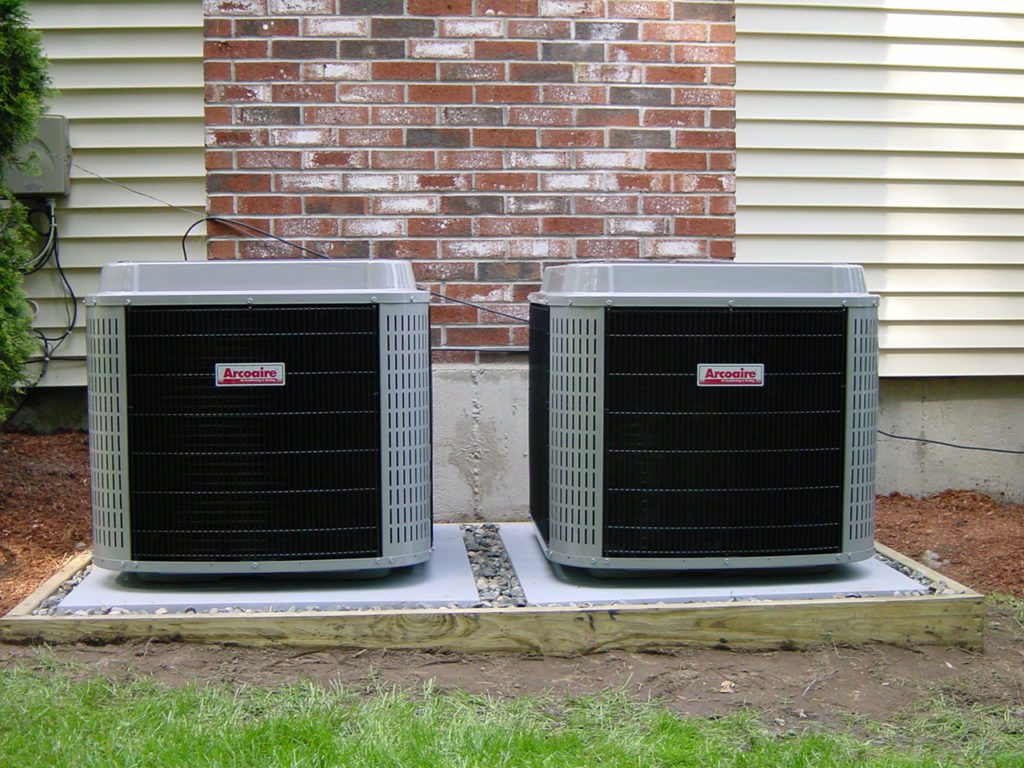Check the Thermostat
The first item is the thermostat. Make sure it’s in “cool†or “auto†mode, and the temperature set below room temperature. If you’ve recently installed a new thermostat, make sure the wire connected to the cooling relay sensor terminal is tight.
Airflow Problems
Air conditioning systems need free airflow through the living spaces and air ducts. Any blockage to airflow can cause hot/cold spots and even damage A/C components. Make sure the air filter is clean, and check air supply outlets for debris, and vacuum if needed. If that doesn’t help, you may need an HVAC pro to check the air ducts for leaks, damage and dirt.
Poor Cooling
Airflow obstructions, such as a dirty air filter, often cause ice accumulation on the evaporator coil. Check the coil located inside the air handler, which may be located in the attic or utility closet. If the coil is encased in a quarter-inch or more of ice, turn off the system and call your HVAC pro.
Leaking A/C
The cold evaporator coil creates condensate from water vapor in warmer air. If the condensate drain tube or pump is clogged or broken, water can overflow inside the home. Pour a cup of bleach into the drip pan. If this doesn’t remedy the issue, your HVAC tech needs to take a look.
A/C Size
Correctly sizing an air conditioner is vital for cooling system longevity, efficiency and comfort. If you air conditioner is too small, it can’t meet the demand and will cycle for long periods. If the air conditioner is too large, it will cycle on and off frequently, which degrades comfort and wastes energy.

